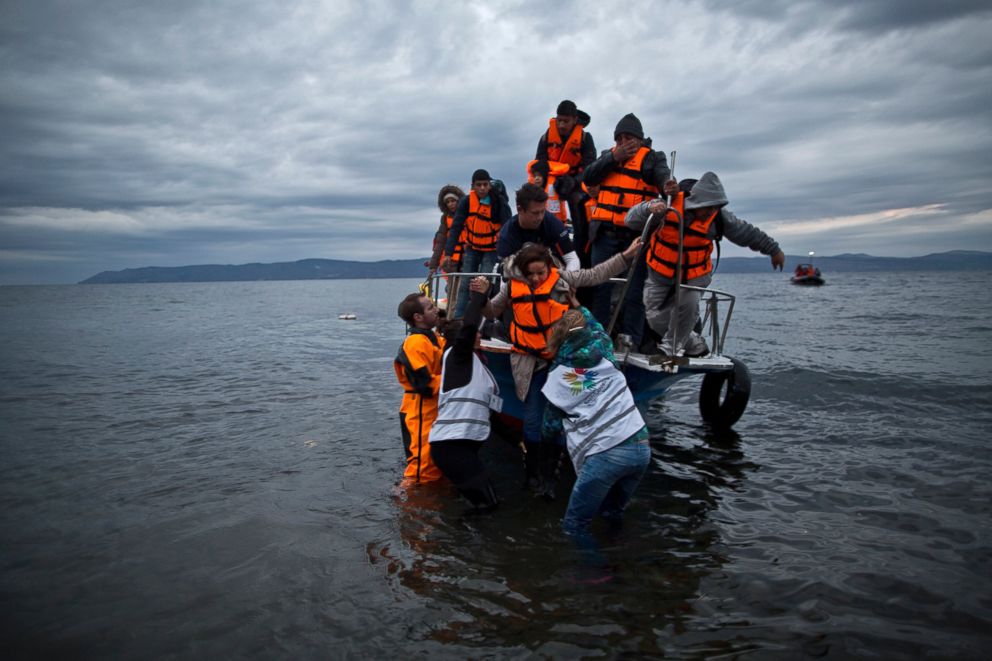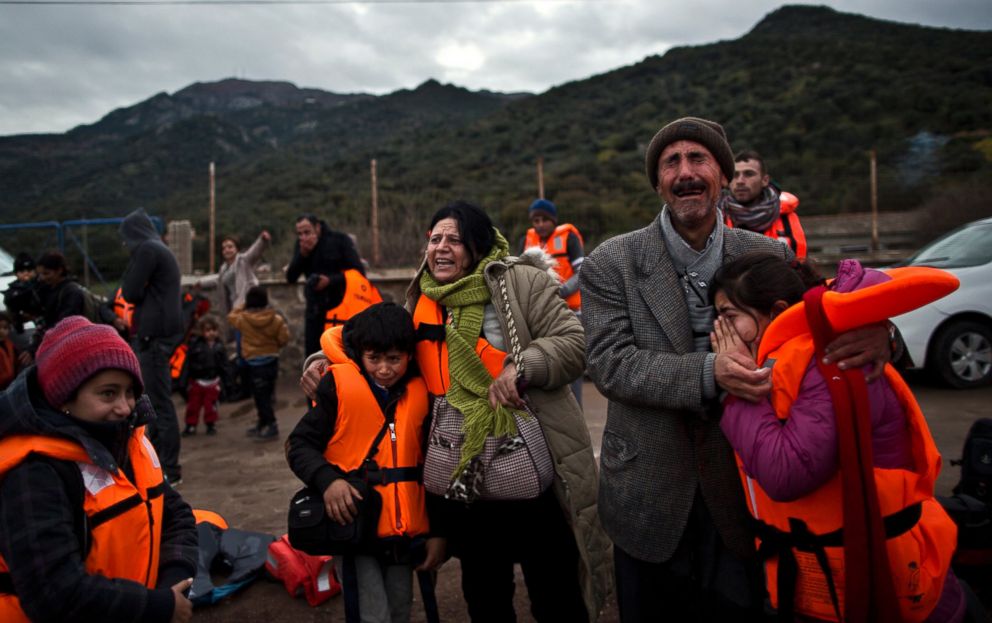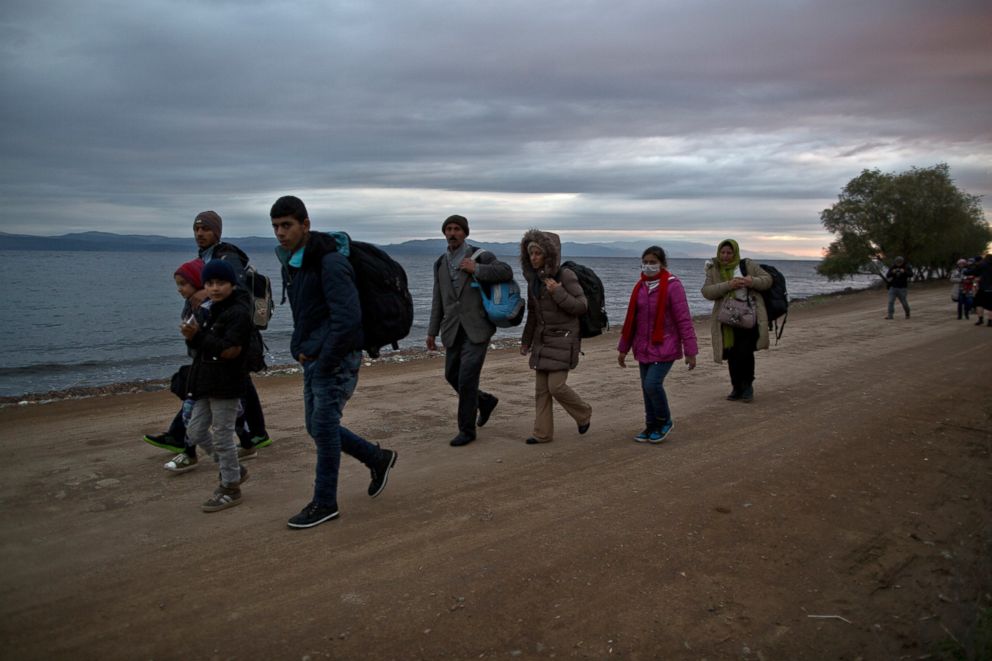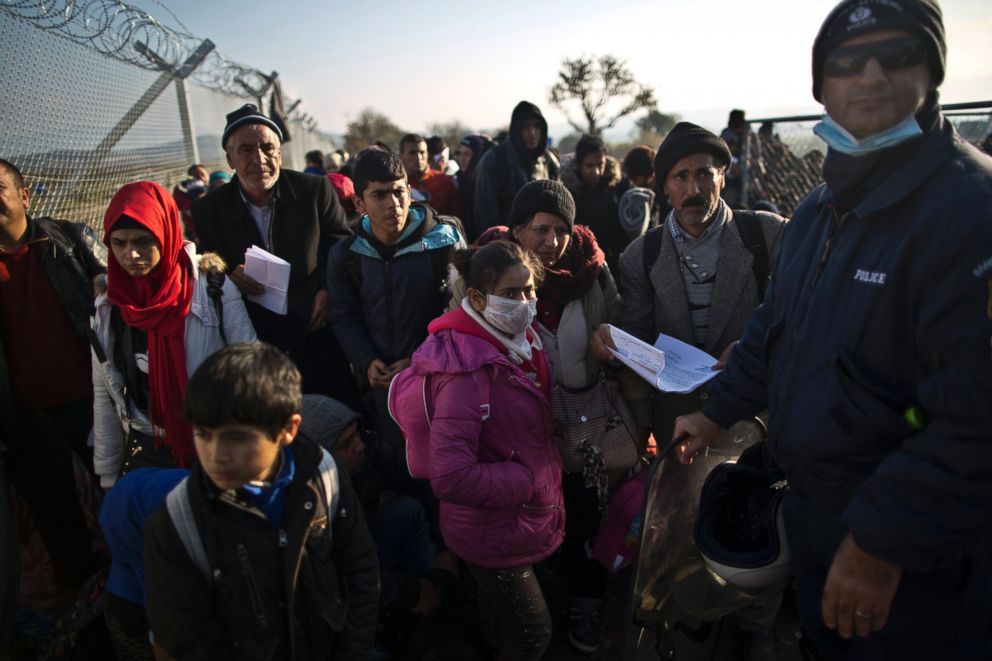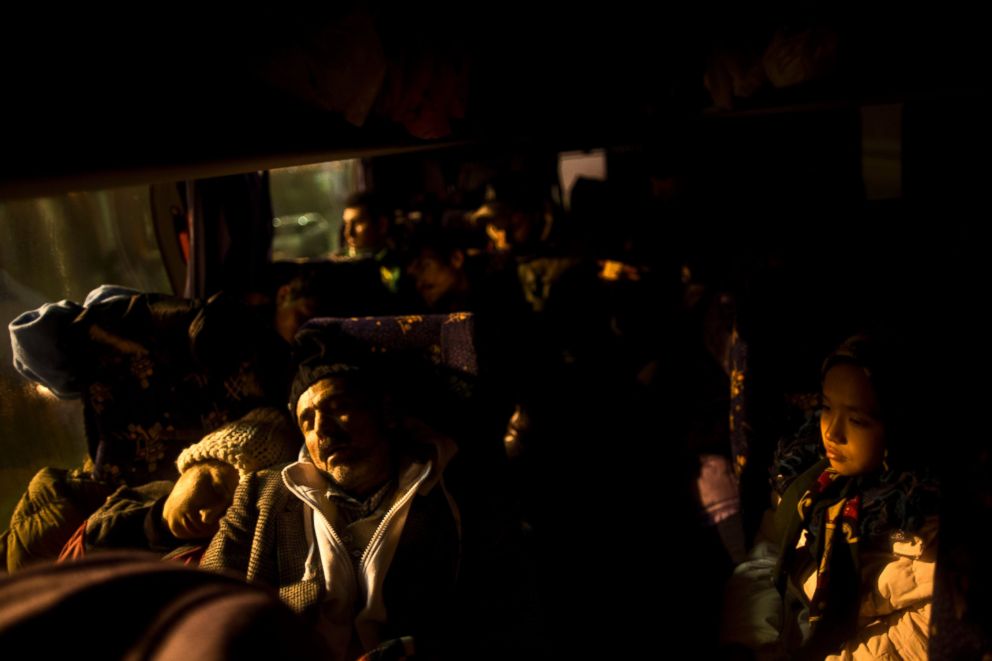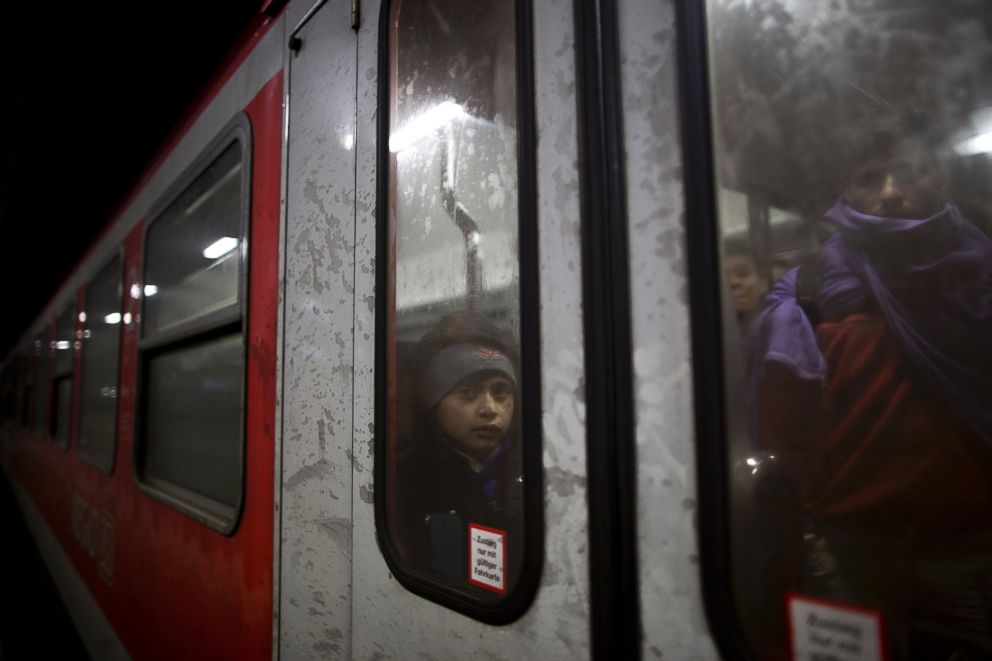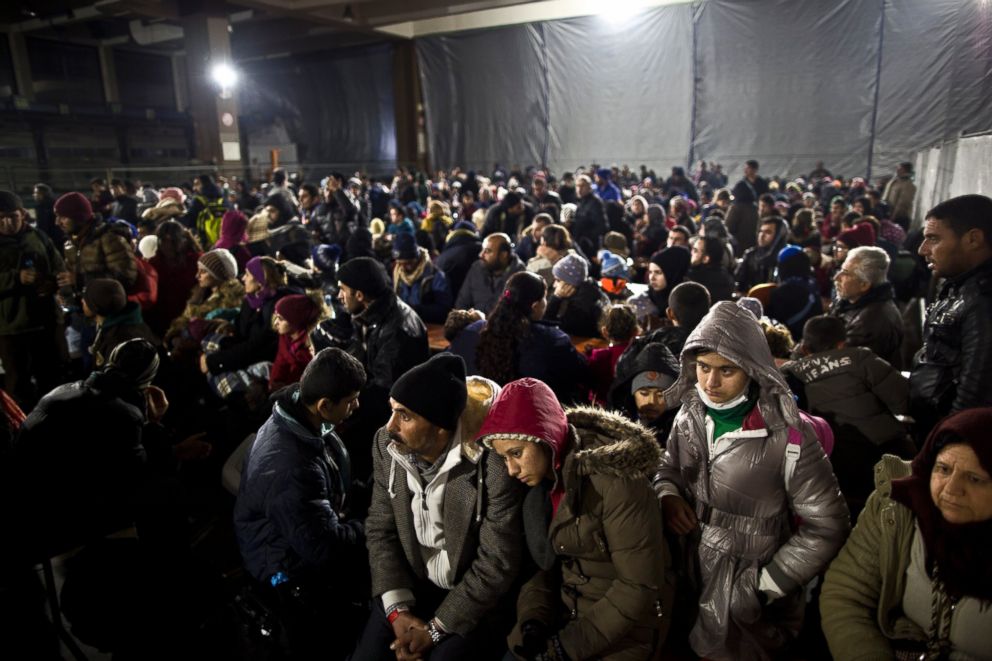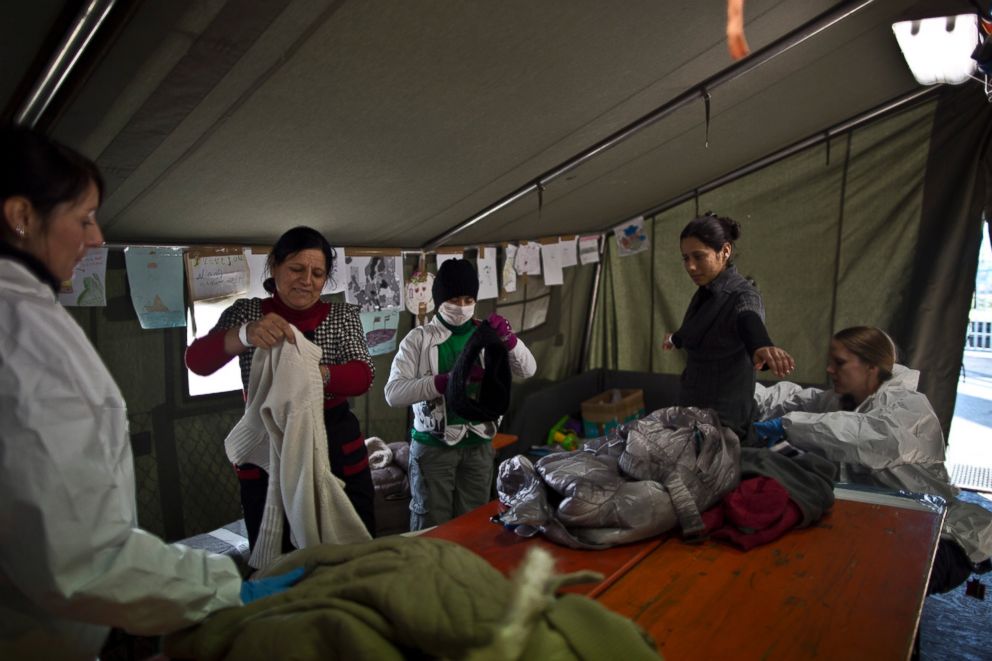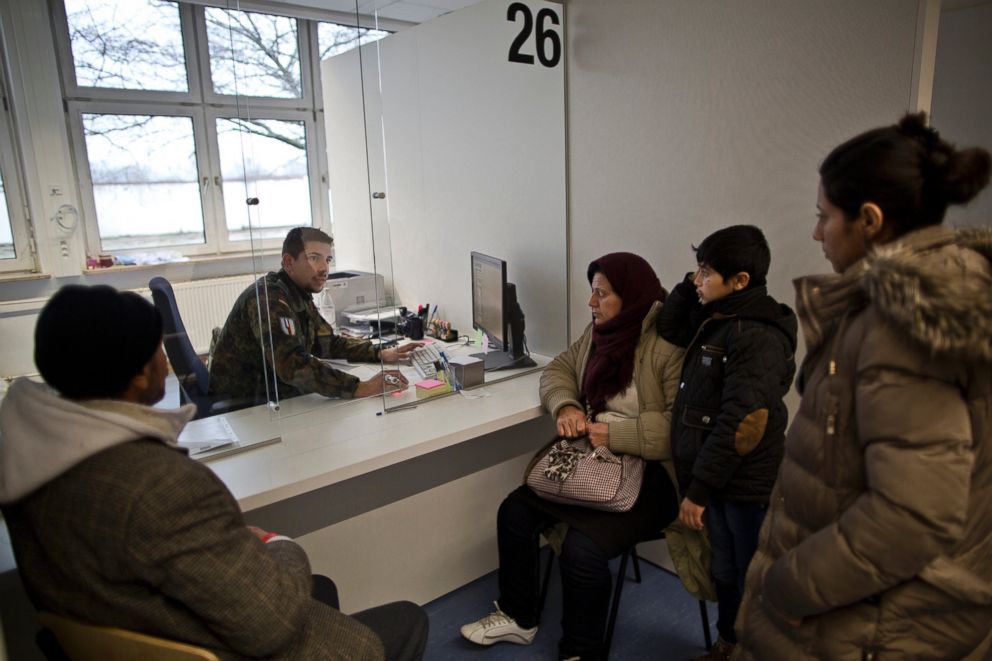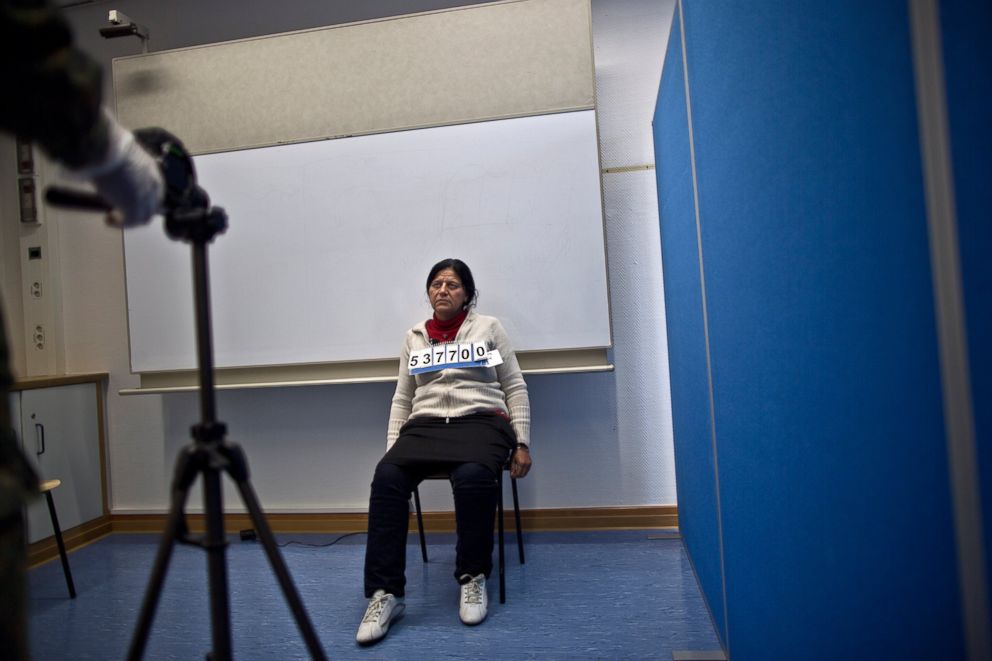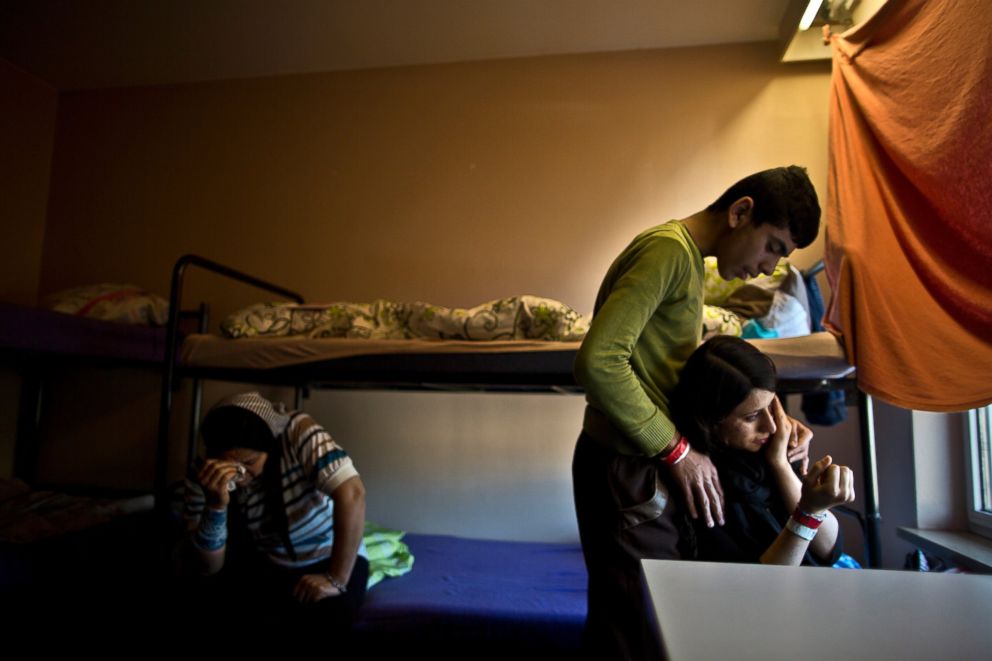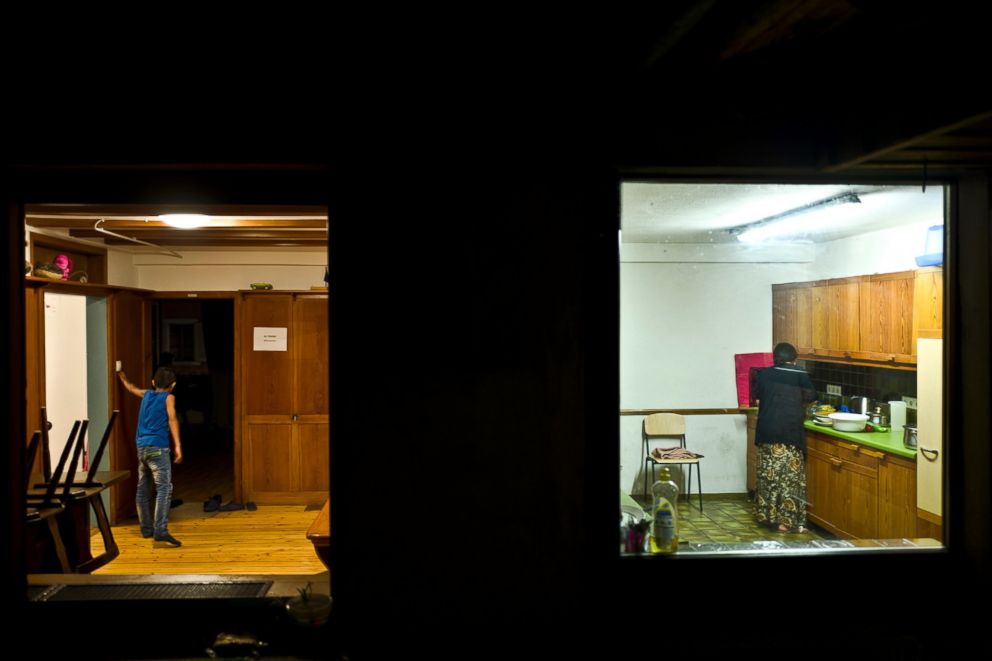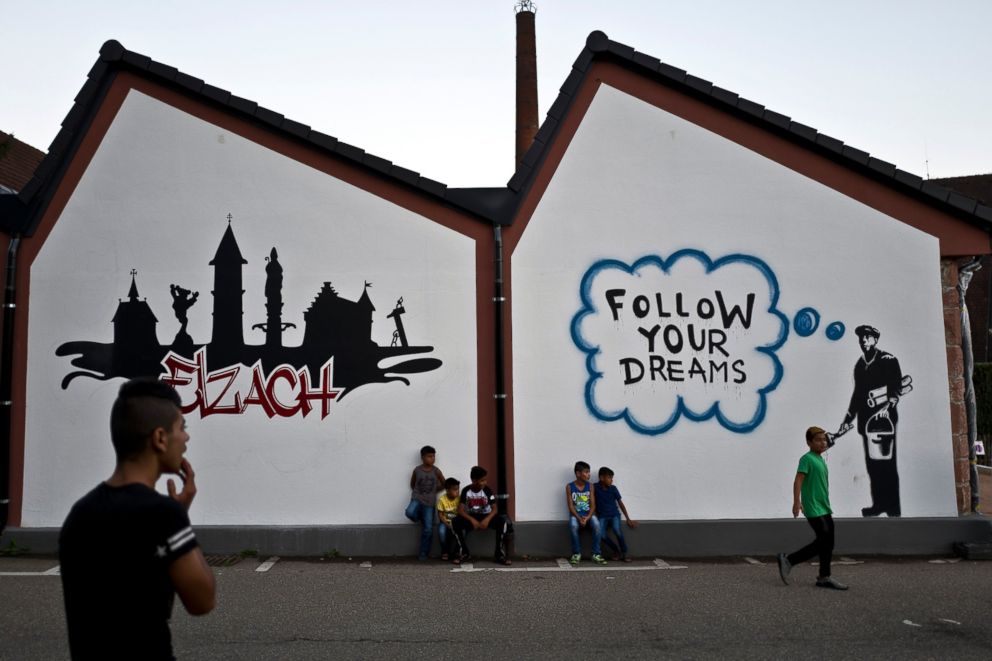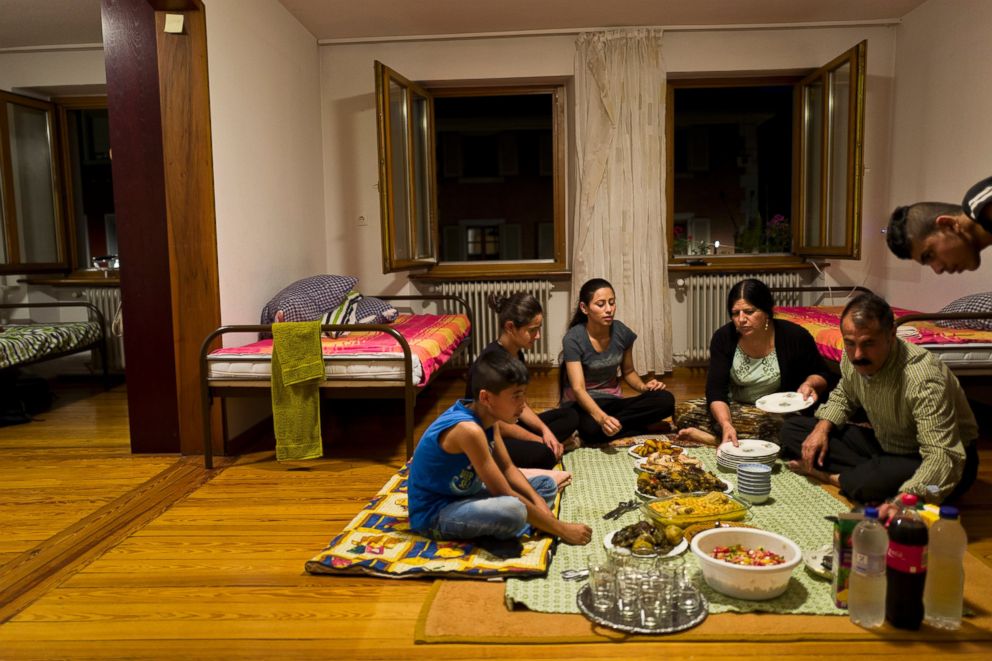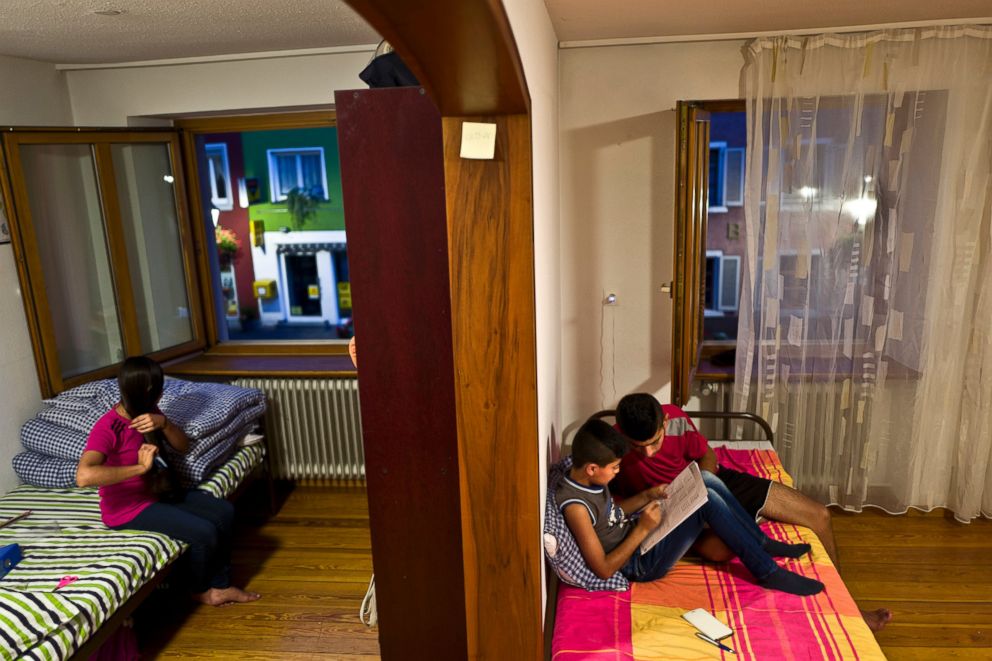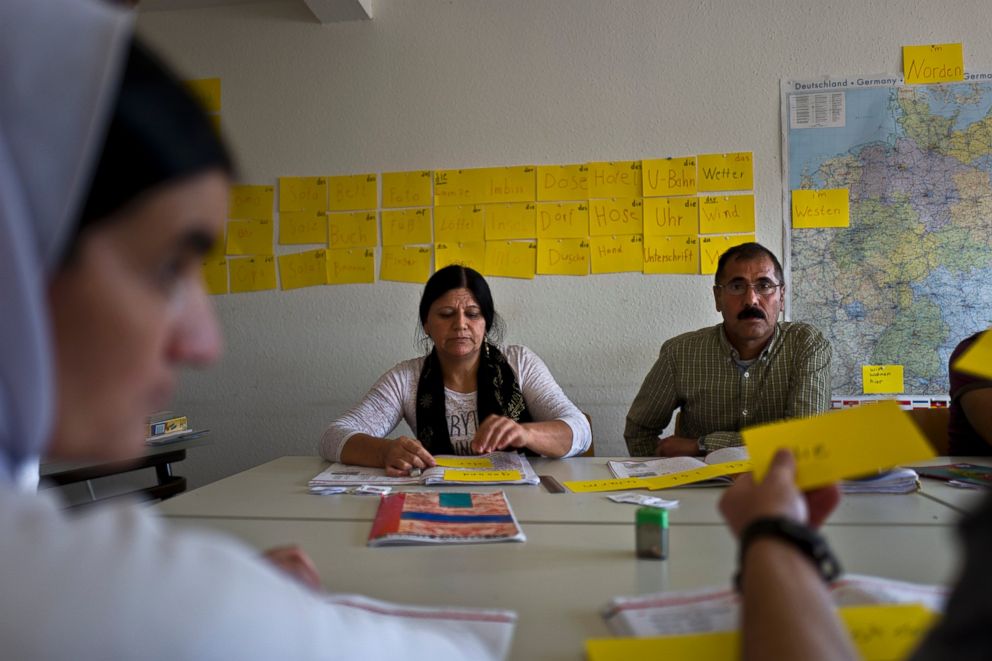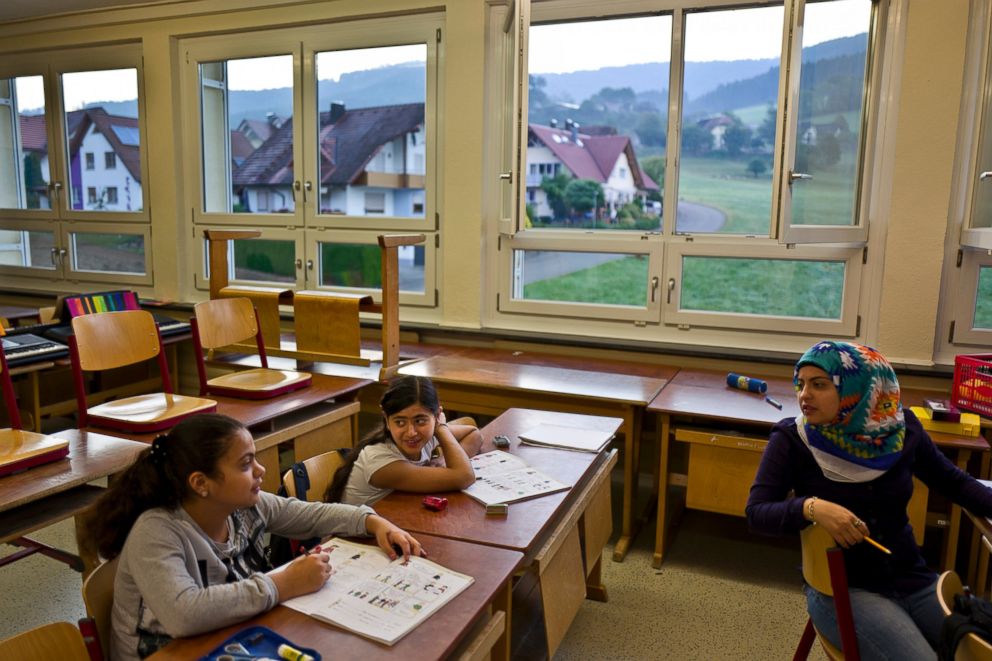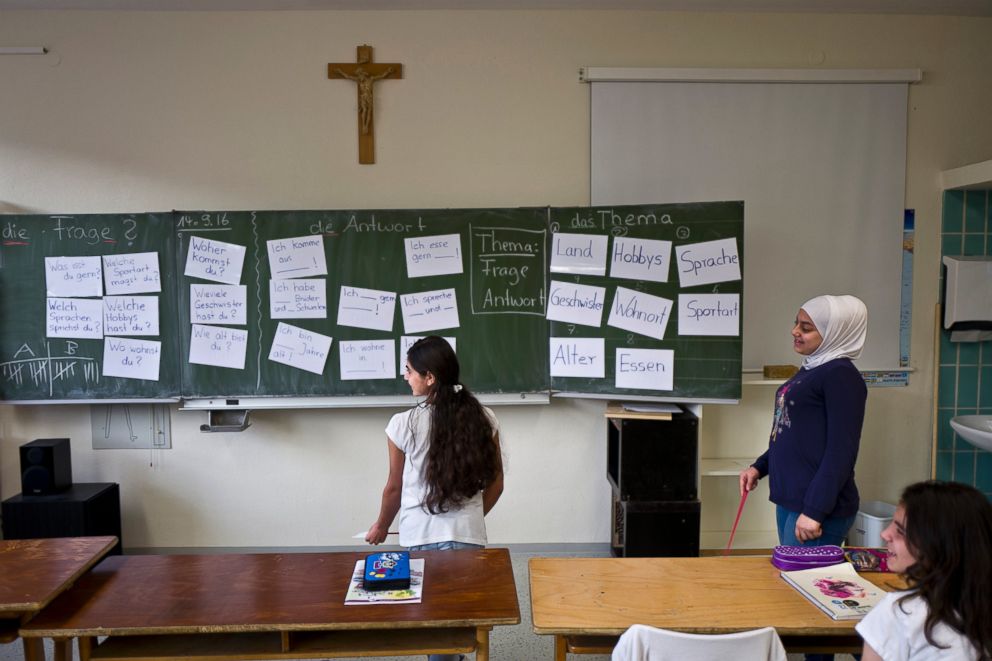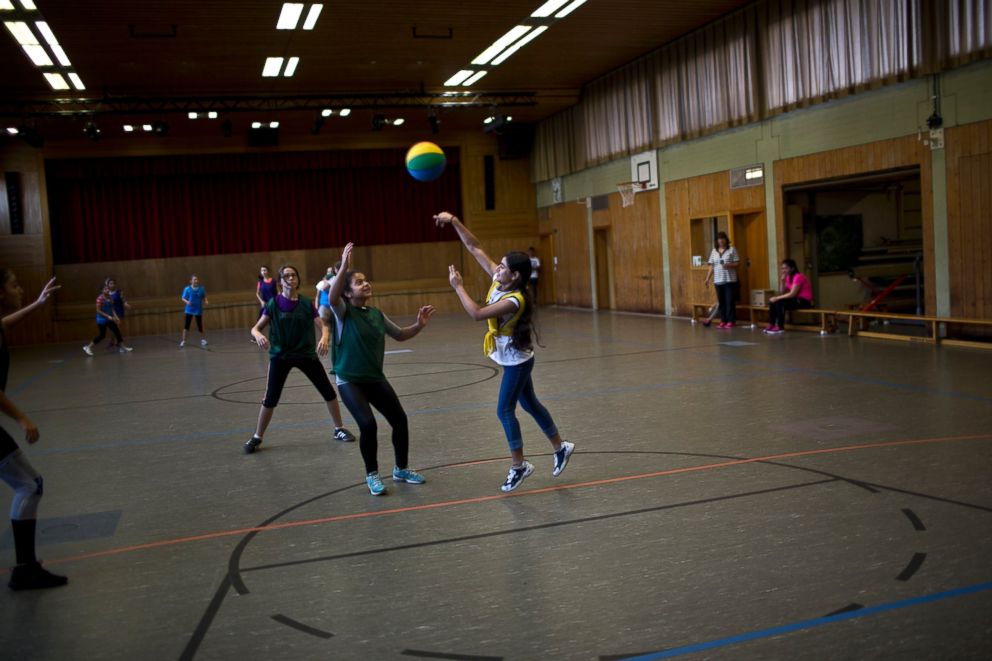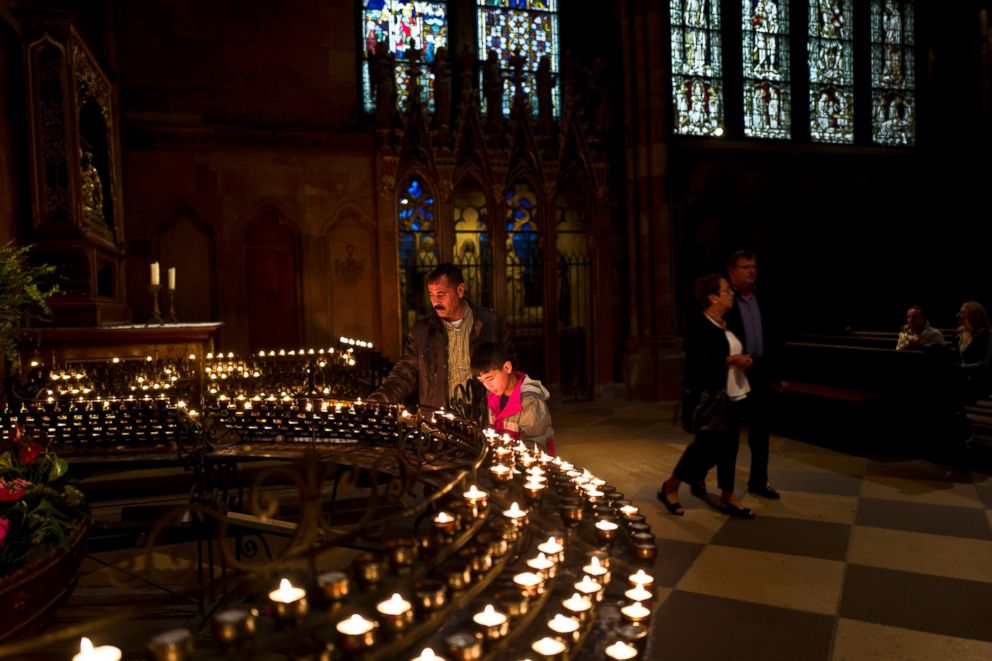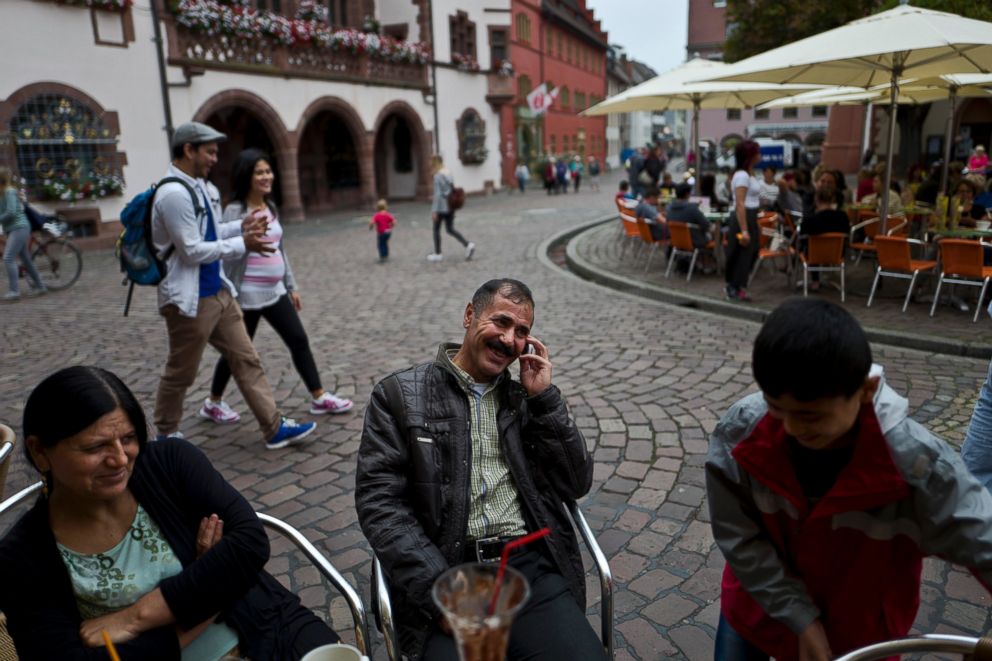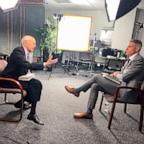'Forced From Home': Exhibit Shows Visitors What It's Like to Be a Refugee
This interactive exhibit in Washington sheds light on the struggles of refugees.
— -- Overcrowded and under-inflated boats, defective life jackets, shabby tents, cholera, dehydration, being forced out of your home: These are just a few of the experiences that war refugees today will face on their journeys to safety.
And now, in Washington, D.C., you too can get a small sense of what that feels like.
Doctors Without Borders has launched an exhibit running from Oct. 1 to Oct. 9 in front of the Washington Monument that highlights the global refugee crisis, coinciding with Friday’s decision by the U.N. Human Rights Council to convene a high-level panel on refugee abuses in Syria.
The interactive, immersive exhibit is titled “Forced From Home” and it aims to recreate refugee living conditions throughout the world. Visitors tour the site while taking on the role of refugees from Afghanistan, Burundi, Honduras, Syria or South Sudan, going through various obstacles like traveling to safety in harsh conditions, medical and housing needs, and the process of obtaining legal documentation. The exhibit is free and open to the public.
Visitors start their tours with a high-pressure situation familiar to many displaced refugees today: Choosing a few belongings in a few seconds to take with you as you're forced from your home. Visitors are pushed to decide rapidly which five items -- out of things like water, food, medicine, passports, blankets, clothes, shoes, appliances -- will serve them best for the next few months or years, as their journeys can be unpredictable.
As they move through the exhibit, visitors' items are confiscated one by one by resettlement camps as a form of payment, while the migrants deal with disease, starvation and poor living conditions, among many other risks.
On Friday, the day before the exhibition's opening, the U.N. passed a resolution in Geneva calling for a panel to uphold accountability for human rights violations in Syria, focusing on issues like arbitrary detention and enforced disappearances (secret imprisonment or abduction that is authorized by a state or political organization). It will also "conduct a thorough investigation" into human rights violations in Burundi since April 2015, according to a Human Rights Council press release. Both Syria and Burundi are featured in the exhibit.
In conjunction with the exhibit, Doctors Without Borders is hosting a panel discussion at the Newseum on reporting from the frontlines of the refugee crisis on Oct. 3, as well as a panel at National Geographic entitled “Migrant or Refugee? Central America’s Migration Reality” on Oct. 6.
PHOTOS: Migrant Family's Journey From Tumult to Tranquility
